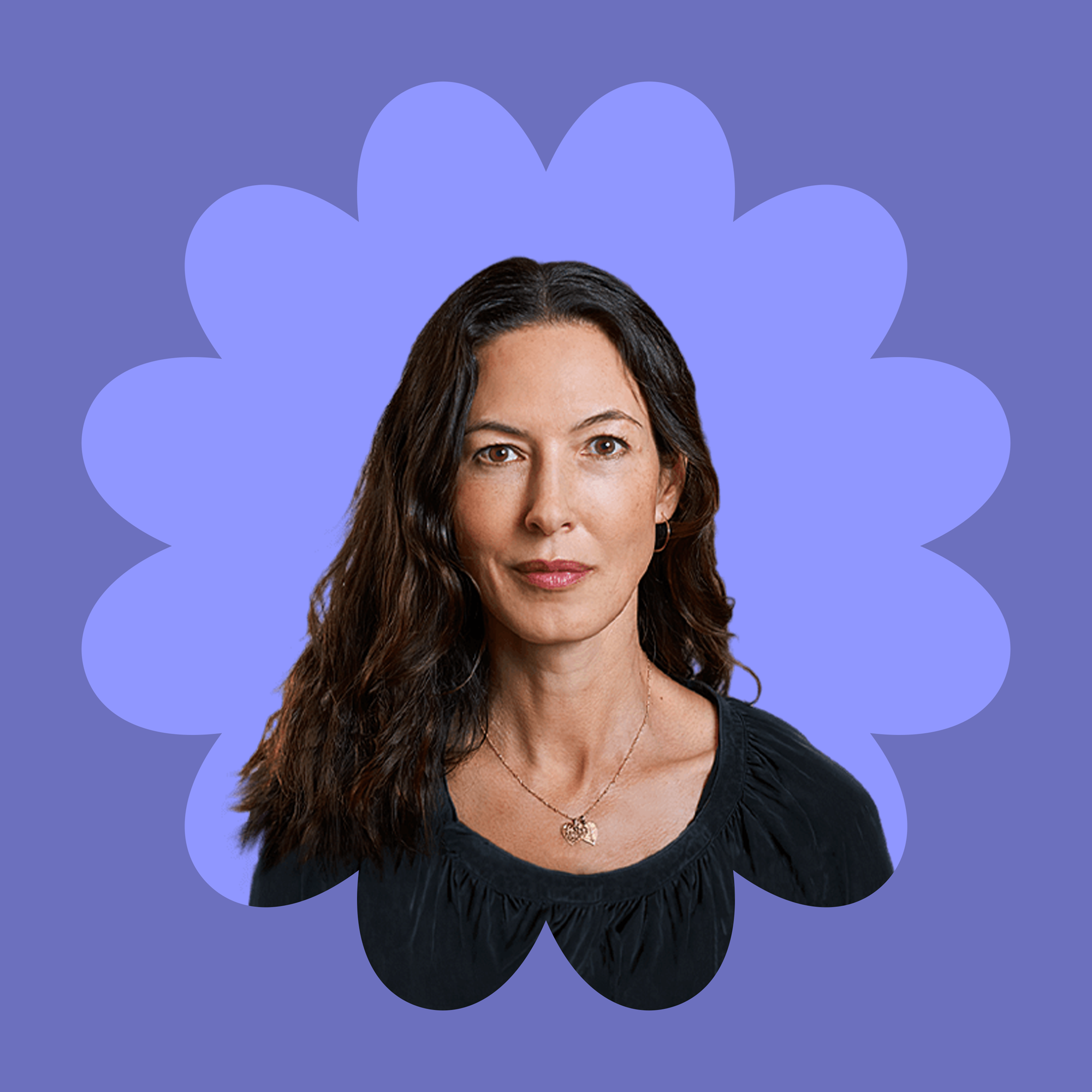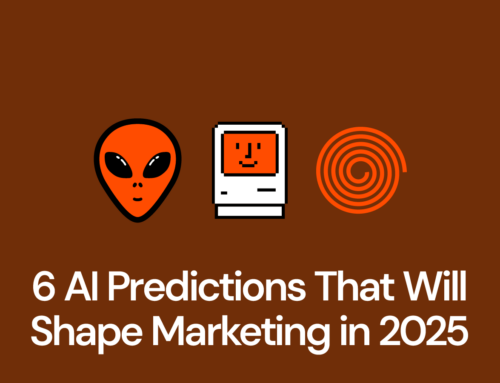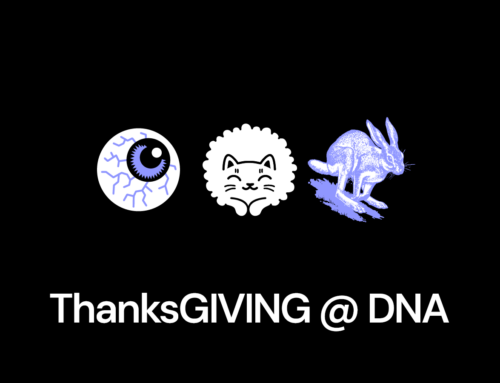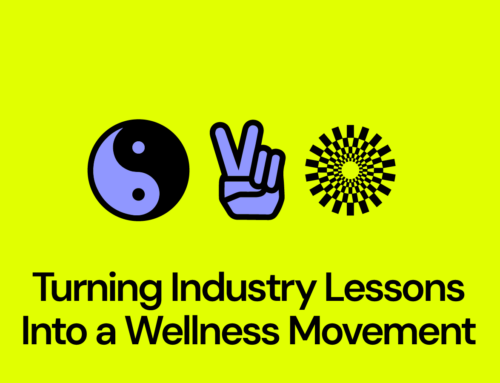Our Differences Make The Difference


Listen to Article
Char Short, Director of Talent & Culture
As DNA’s head of Talent & Culture, the most important aspect of my job is helping humans navigate other humans in the workplace. Getting our people to understand and hold space for each other’s opinions and ways of approaching work and understanding we’re all cognitively different is the secret sauce for creativity and innovation. But most importantly, this understanding creates a culture of empathy. A key component of our Different Wins philosophy is diversity and inclusion in every aspect of what we do – including cognitive diversity.
Cognitive diversity in the workplace refers to the inclusion of people with different ways of thinking, problem-solving, and approaching tasks and challenges individually and on a team. By gaining insight into your and others’ cognitive diversity, you can better understand, appreciate, and harness this diversity of thinking to collaborate and innovate more effectively. Research has shown that when it comes to innovating, teams of people with a diverse mix of cognitive styles significantly outperform teams with more uniform thinking.
Over the last six months, our leadership team has worked with a cognitive diversity and personality assessment tool called Personalysis that identifies your unique strengths and shows how they vary in different situations. It assesses for varied ways of thinking and problem-solving, so our team can approach problems from multiple angles, leading to more innovative solutions and better outcomes faster. We evaluated a few tools and even received certification for one, but Personalysis seemed to fit our needs best.
Understanding how we’re each cognitively wired, our preferences for working, and how we give and receive feedback has made for a more honest and agile leadership team. In the coming months, we are deploying cognitive diversity training agency-wide to harness our employees’ unique cognitive diversity into our work process, specifically when staffing projects and accounts. In recruiting and hiring, we can assess for needed cognitive diversity to build on our existing teams and customize staffing on client accounts. Like a professional sports team, we build our bench to be additive, hiring for culture add, not culture fit. We can also diagnose problems on teams to get to solutions fast.
The camaraderie our leadership team has built by better understanding each other’s work styles and preferences has been an aha moment for us. We now intentionally play to people’s strengths, and people feel happier and more productive in their roles. We want to be surrounded by people who think differently than we do, who will help us see our work and how we work in new and different ways.


